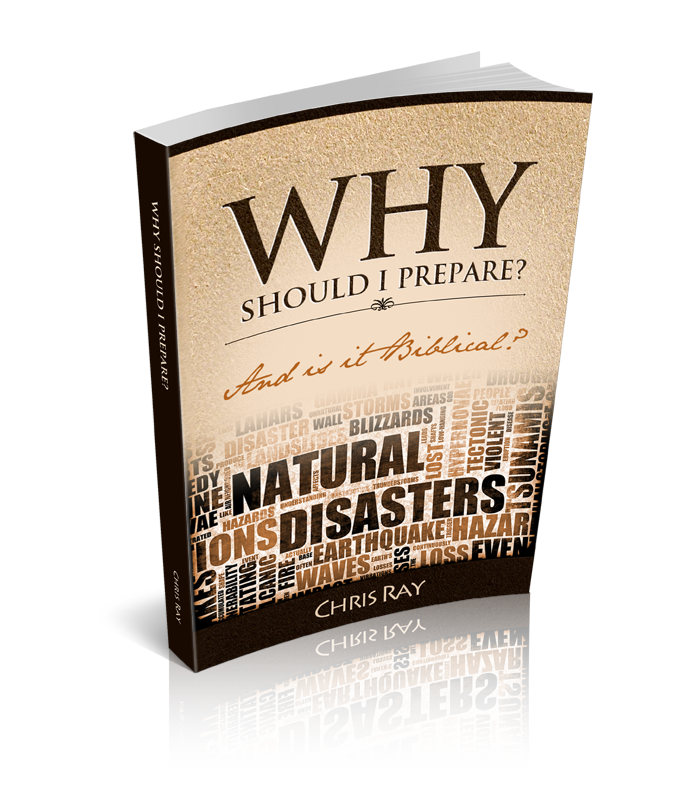Knowledge Skills and Gear – The Preparedness Hierarchy and how they build off of each other
When someone begins their preparedness journey, there is a tendency to want to acquire supplies and gear quickly. I think it gives us that sense of security like a blanket does a child; something tangible we can put our hands on.
But I believe there is a hierarchy that exists. It looks like this; knowledge, then skills and then gear. Knowledge includes mind set as well as actual learning, in my opinion. If you use a different hierarchy, you could still have success but I don’t think you’ll have as much success or attain it as quickly.
For an example; having become aware of the fact that the crime rate around me is rising and I have no real way to protect my family, the first thing that engaged was my mind. I changed my mindset on home defense. When I became a prepper I was a firearm novice. I took a First Shots class and a hunter safety class with the kids.
Now it was time to make a purchase. I wanted something I could conceal and carry, as well as for home defense use. While a handgun isn’t the optimal gun for home defense, for the reasons listed above it’s what I bought first. I researched caliber and brand and then I went to a few different stores and pawn shops that sold firearms. I wanted to put my hands on them, find something I liked the feel of. I found a few that I wanted to shoot and went to a range that rents guns to fire each one.
You might have noticed that I went right from knowledge to gear, but this is one of those occasions when you have to have the gear to build the skill. It is still the skill that is more important than the gear. Without the skill and training to use the firearm correctly, sure I could fire it but not fire it effectively.
I eventually decided on a Glock 19 as did my wife. We took a training course and learned proper stance, grip, trigger control and many other things. We became members at a local range after our training and practiced quite a bit. Neither of us are crack shots, but both are fully capable of hitting center mass of a man sized target at self-defense range.
Knowledge produces skill, which makes gear effective.
A recent project:
One of the traits of Asperger’s Syndrome is the ability to become fixated on something; learning as much as you possibly can about the subject, to the point where some might think you’re a little odd (or a lot odd depending on the subject). For me, that subject is preparedness. Over the last six or seven years I have amassed a large collection of bookmarks on various subjects related to preparedness. I am in the process of going through and making sure the links are still good, with the eventual goal of posting a link library. I want most of them to be in PDF form. That way if you want to save the file on your local PC or print the document you can. However there will be some sites that are listed because the information on the entire site is so good.
Once I post it, I would also like you to help fill in this library with links to PDF’s and sites that you find very helpful. I’d like to ask you to post these links in the comments section. Because knowledge is so important and there is so much to learn about preparedness, the end goal is that if there is an area in preparedness you want to learn about, you can come to this link library to find sites that have been vetted by fellow readers. I hope to have this library ready next week, but there are a lot of links left to check, so don’t hold me to it.
There are some criteria for posting links, they cannot be copyrighted, or if they are, they must be available to the public domain. There are some really great articles on some sites that I know are just a section from another document, I am not going to post those as I cannot prove copyright. I’ll post more when I actually get the Link Library up.





